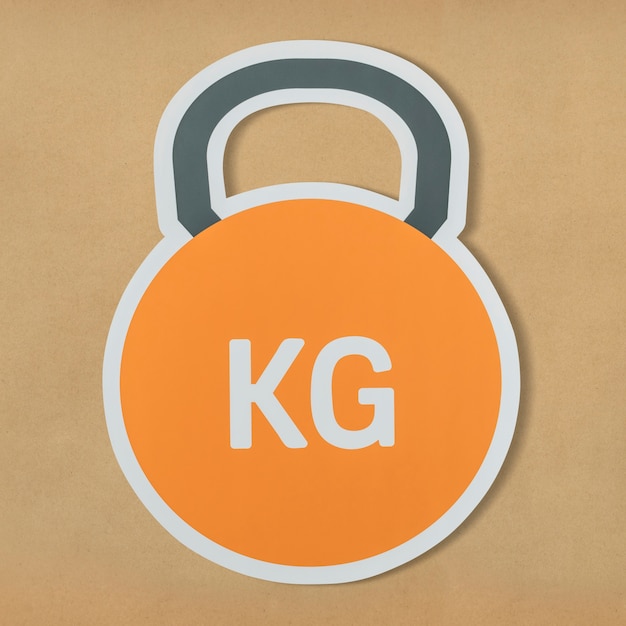
Dieting often feels like a stressful ordeal, focused on counting every single calorie we consume. Articles about dieting usually make it worse, concentrating on what we shouldn’t do instead of giving us positive guidance.
This kind of negative advice rarely helps. Most of the time, it leads to making drastic, unsustainable changes to our diet which we abandon after a month.
Here are five easy ways to diet without much effort—it’s all about adopting a lifestyle that naturally supports healthy eating, instead of following strict diets.
First, forget that cliché about breakfast being the most important meal of the day. In fact, some evidence suggests skipping breakfast might actually help with fitness goals. Many of us are already skipping breakfast out of convenience, so there’s no need to feel guilty about it. Just do what feels natural and maybe enjoy a bit more sleep instead.
Second, start lifting weights. Weightlifting can help you slim down significantly. While many people think cardio is the key to burning fat, weight training increases the overall calories you burn, even on rest days. So, run if you enjoy it, but don’t skip the weights. And don’t worry about getting too bulky—it requires a different diet to build large muscles.
Third, eating out often is a guaranteed way to derail a good diet. You can’t always know what’s in the food at restaurants. Instead, focus on learning to cook healthy meals at home. Invest in good kitchen equipment, take some cooking classes, or try a meal delivery service like HelloFresh. This way, you ensure your meals are healthy and you gain a valuable new skill.
Fourth, if you find yourself snacking mindlessly while watching TV, it’s time to break that habit. Instead of grabbing a snack, try picking up a new hobby in the evenings, like playing the guitar, painting, or doing pottery. These activities are not associated with snacking and can help you grow as a person.
Finally, to really shed those pounds, sometimes you need to track your macronutrients—protein, carbs, and fats. Supplements like protein or green powders can help balance your intake. It’s as simple as drinking a glass of the supplement, which isn’t too hard.
Dieting isn’t easy, but it’s worth it in the long run. By making positive lifestyle changes and small tweaks to what you’re already doing, dieting becomes much easier. Good luck!